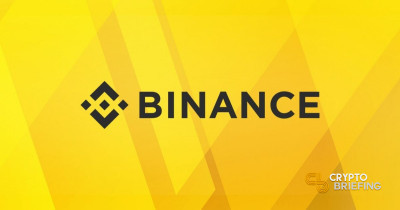Binance plans to hire 1,000 employees this year, with a focus on compliance roles, as the crypto exchange’s annual regulatory compliance spending exceeds $200 million.
The company’s chief, Richard Teng, evealed the employment goals during an interview with Bloomberg News in New York on Wednesday. The hiring initiative comes as Binance faces increased regulatory scrutiny and ongoing oversight from US agencies following a $4.3 billion settlement last year.
Teng, who has a background in financial regulation, emphasized the importance of government agencies and Binance’s commitment to meeting regulatory requirements.
The exchange plans to expand its compliance workforce to 700 by the end of 2024, up from the current 500. This expansion reflects the growing number of law enforcement requests Binance receives, which have reached 63,000 so far this year, compared to 58,000 in 2023.
Teng: “I’ve been a regulator all my life”
The company’s compliance spending has increased significantly, rising from $158 million two years ago to over $200 million annually. This expenditure includes costs associated with US-appointed monitors, Forensic Risk Alliance and Sullivan & Cromwell, who are assessing Binance’s financial statements and transaction tracking processes.
Binance continues to face legal challenges, including an ongoing lawsuit from the Securities and Exchange Commission (SEC). In June, a judge ruled that the bulk of the SEC’s case against Binance and its co-founder Changpeng Zhao could proceed. Teng stated that Binance would continue to contest the accusations.
Earlier this year, Teng called for the release of compliance officer Tigran Gambaryan, detained in Nigeria on allegations related to illegal transactions.
In April, former Binance CEO Changpeng Zhao was sentenced to four months in prison, after pleading guilty to violating US anti-money laundering laws.
Since taking over as CEO following Zhao’s departure, Teng has implemented several changes at Binance. These include adjusting how the company works with prime brokers, tightening requirements for listing new digital tokens, and spinning off its venture arm. However, the company has yet to formally designate a global headquarters or release fully audited financial statements.
 cryptobriefing.com
cryptobriefing.com
